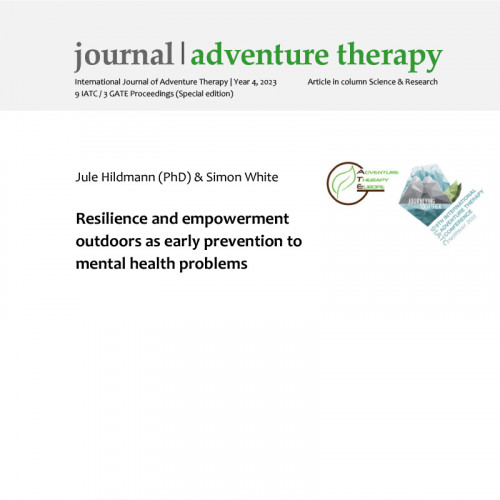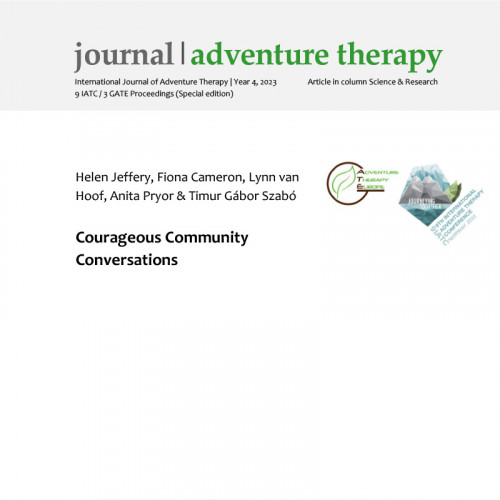Authors: Maurie Lung & Christy Brock
Current research indicates that relying only on training is insufficient. There needs to be organizational buy-in, ongoing expert consultation, and timely technical assistance to change provider behavior and maintain quality practices (Franks & Bory, 2015). We incorporate experiential methodologies, qualified personnel, and a highly responsive approach. It is aligned with a typical session flow (e.g., check-in/gathering, knowledge or skill theme, experiential interventions grounded in case conceptualization, and treatment planning. This style develops collaborative relationships, assesses competencies and needs for implementation, and accomplishes immediate skill building with novice practitioners. Research has demonstrated that external support after training, including specific feedback in a timely manner, predicts therapist fidelity (Beidas et al. 2012).
This workshop clarified supervision purpose, deepened potential experiential roles, helped align practitioner supervision expectations with practitioner skills and knowledge, created supervision learning plans, integrated adventure-based practitioner assessment, and provided an opportunity to experience a sample supervision session.




